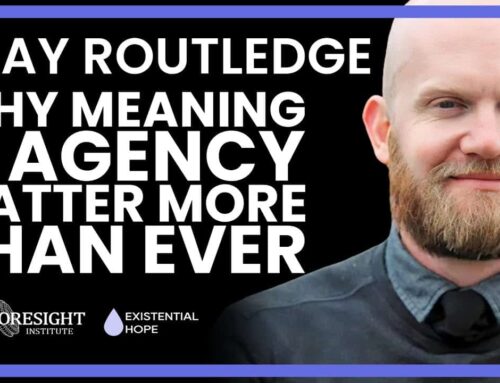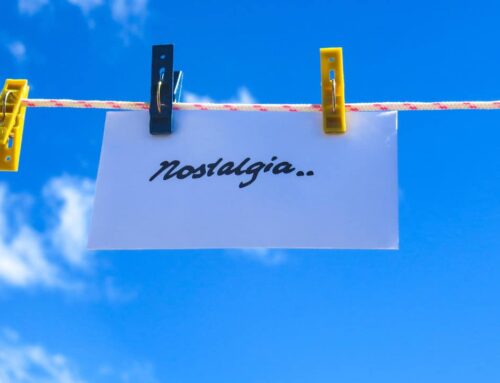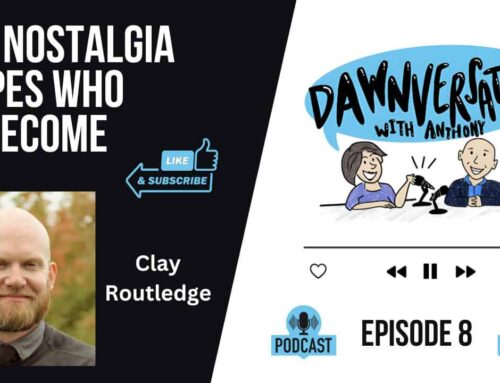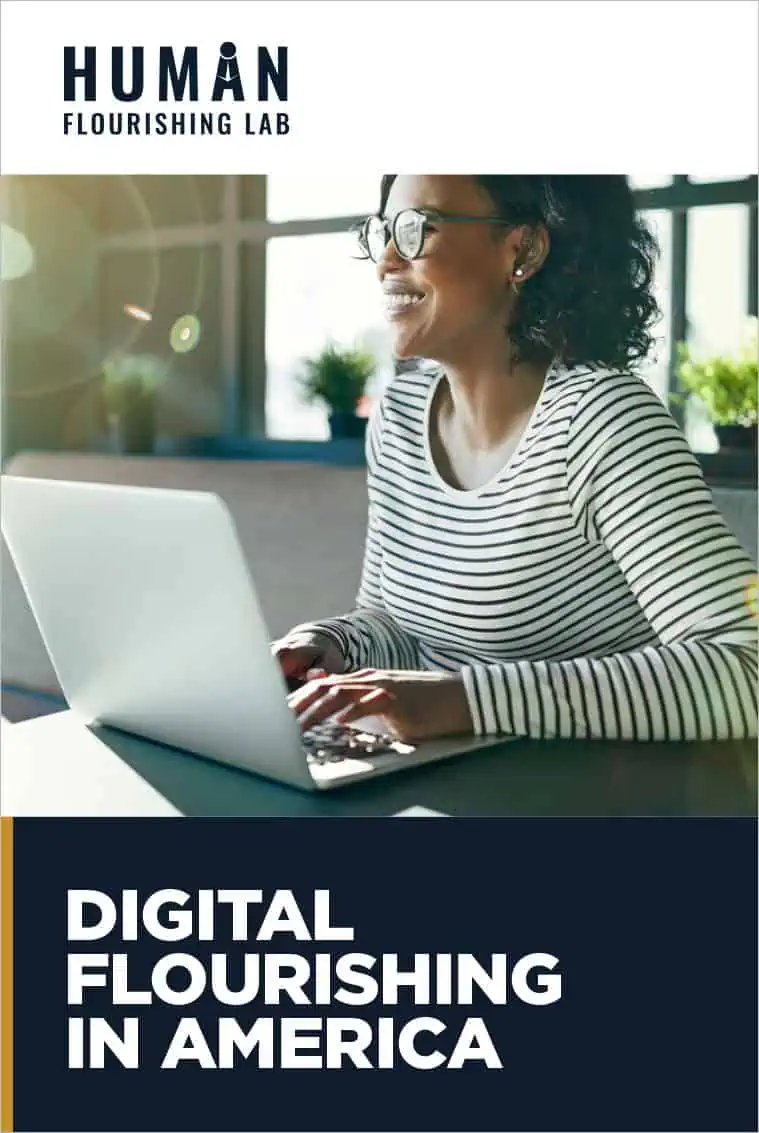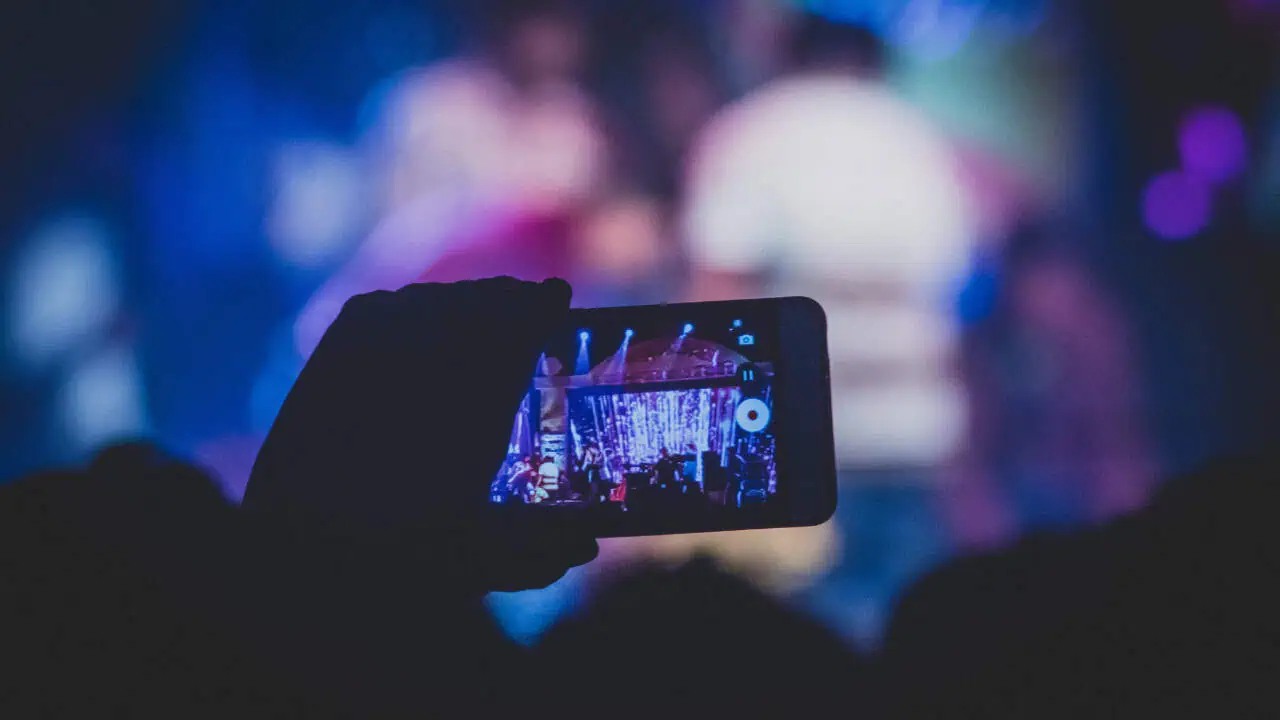
Excerpt:
Stumbling into a music video marathon with friends is the ultimate bonding activity: It’s a nostalgia trip. A musical catharsis. A pop culture crash course. A “gay pastime.” And, thank goodness, mostly free!
But for its simple charms, it can provoke some remarkably deep revelations — exchanging memories surrounding the videos is how we learn each other’s lore.
“You’re saying something about your inner life, your story,” said Clay Routledge, a psychologist who studies nostalgia at the Archbridge Institute think tank. “You don’t normally think that watching music videos might do that.”
[…]
“Music is a powerful source of nostalgia, and we all have soundtracks to our lives,” Routledge said. “So when we hear old music, with memories attached to it, it does bring us back. It helps us make good contact with nostalgic memories.”
[…]
“People might think pop culture is kind of superficial, but oftentimes, it tells the story of a time — the story of a time we were a part of and connected to,” Routledge said.
Nostalgia, Routledge said, very often turns contagious. Once someone starts dreamily revisiting a teenage episode of their lives, even if the disclosure is inspired by Britney Spears’ airplane-set “Toxic” video, it opens the door to get to know them better — and for the rest of the attendees of a music video night to share their own stories.
“People kind of think of nostalgia as this personal experience, but so much of nostalgia is an exchange with other people,” Routledge said. “‘I remember where I was, here’s my story’ — there’s self-disclosure there. We’re building the closeness of our relationships because we’re revealing more about our personal lives.
[…]
“There are a lot of things that we do on the surface that just seem kind of fun or superficial or not really that meaningful,” Routledge said. But popular cultural artifacts, including the music videos we obsessed over as kids, give us a “reason to talk about something.”
“You end up sharing what you were feeling at the time,” Routledge said. “It’s going beyond the superficial conversation to sharing things. And nostalgia helps us do that, because, in a way, that makes us feel connected to these memories. And then you’re revealing something, right?”

